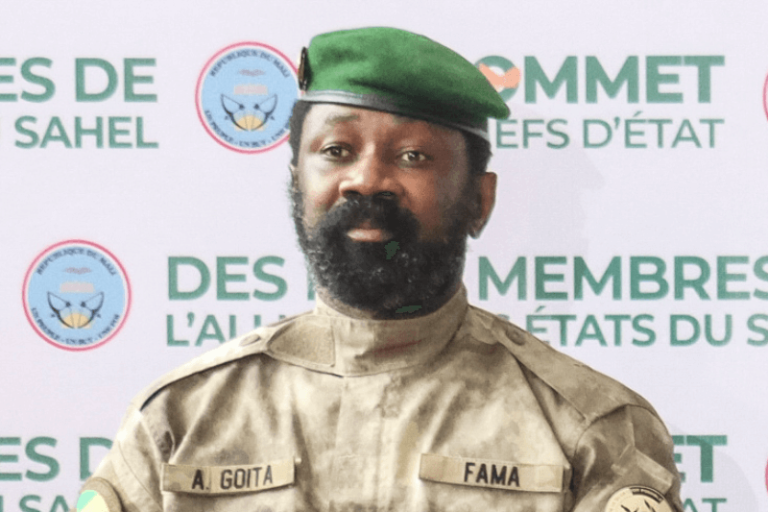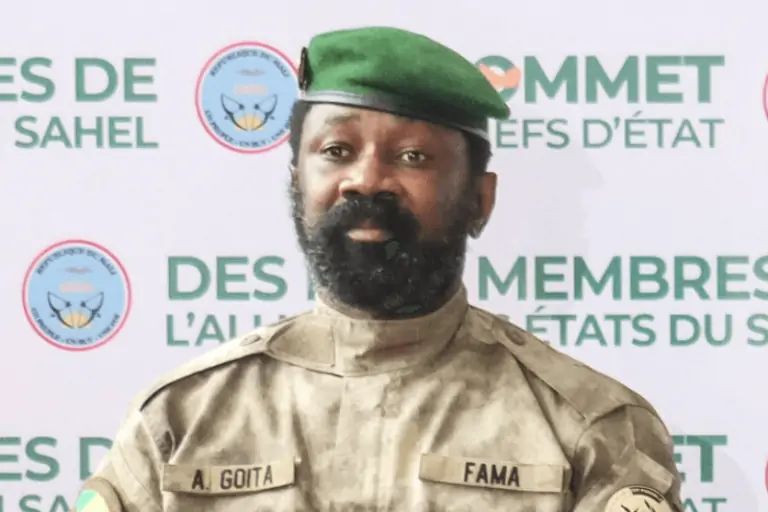

mali junta allows political activities to resume
On Wednesday, Mali’s military junta said that political clubs and parties are now free to get back to business. This council of ministers’ ruling comes three months following the suspension of such events in an attempt to maintain public peace. The action signals a major change in the political scene while the nation still struggles with political unrest and a continuing Islamist insurgency.
Protests against the military government’s plan to extend its control past the March 2024 deadline for a restoration to civilian governance drove the April suspension. Fearing the junta’s extension will entrench military authority and permanently postpone democratic processes, political parties vocally rejected it. Claiming that political parties threatened the conversations on the political future of the nation, especially as they aimed to preserve public order during a critical era, the junta justified the suspension.
Aiming to solve the ten-year Islamist conflict afflicting Mali, the national discussion for peace started soon after the suspension was a turning point for the country. Nonetheless, the absence of important political parties and opposition groups who boycotted the negotiations in protest of the junta’s prolonged control tarnished the dialogue. Still, the debates continued with supporters of the government, resulting in divisive suggestions.
The results of the discussion in May included a request for the military to keep in charge for two to five years more. This extension was supposed to provide the junta more time to stabilize the nation and carry out required reforms. Furthermore recommended was letting the present junta leader run in any future presidential contest, hence strengthening military dominance in the political arena.
The junta’s recent decision to remove the ban on political activity could be interpreted as a calculated attempt to satisfy domestic and foreign detractors who have been advocating a restoration to democratic government. Though on their own terms, the junta could be trying to show a dedication to political openness and communication by letting political parties and groups function once more.
The military government of Mali has drastically changed its foreign relationships since gaining power in 2020. Historically in line with France and her allies around Europe, the junta has turned its attention to Russia. Increased military and political collaboration with Russia under this realignment has helped to boost efforts against the terrorist insurgency.
with a contentious action, the junta also kicked Minusma, the United Nations peacekeeping team sent to assist with northern country stability restoration. This choice has sparked questions over the Malian government’s capacity to control the insurgency and safeguard civilian populations devoid of outside help.
The comeback of political activity could indicate a fresh stage in Mali’s turbulent road towards stability and peace. Still, major difficulties still exist. Frequent violence and civilian displacement characterize the terrible security status of the nation. Mali’s future will depend much on the junta’s capacity to control these crises and promote a real democratic change.
Closely monitoring the scenario will be international observers and domestic stakeholders to determine whether the junta’s resuming of political activity results in significant advancement toward democracy or if it is only a tactical move meant to appease opponents. The next months will be vital as Mali negotiates its convoluted political and security scene.
South African President Cyril Ramaphosa defended his nation against claims of white discrimination made by tech magnate Elon Musk. After…
Hilton launched Signia by Hilton for its first appearance in Egypt and Africa through its hotel expansions. These hotels at…
UNICEF reported that, nearly 2900 people died of cholera across Eastern and Southern African countries while children suffer most greatly…
Enza, based in the United Arab Emirates, obtained $6.75 million in initial investment funding from Algebra Ventures and Quona Capital.…
US Secretary of State Marco Rubio ordered South African Ambassador Ebrahim Rasool to leave America by March 21 because he…
Early 2025 ends with IPL fever in India and cricket fans receive good news of an international schedule full of…
This website uses cookies.